Green norms, safeguard to set CE market course
By Edit Team | November 16, 2018 10:27 am SHARE
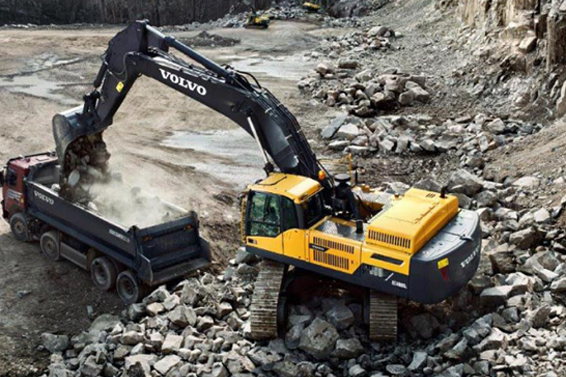
Demand for construction and earthmoving equipment is fuelling growth.
With the government continuing to place priority on building roads and bridges, the drive to improve infrastructure will unquestionably facilitate growth of the construction equipment (CE) industry in addition to providing impetus to the Indian economy.
Factors for CE growth
Dimitrov Krishnan, Vice President and Head, Volvo CE India says, “We see growing demand for bigger classes of earthmoving equipment across the world. As for India, the demand for construction and earthmoving equipment on the whole is growing. For all Volvo CE products, we expect strong growth at close to 40-50 per cent level.”
Some of the larger classes of earthmoving equipment the company offers include wheel loaders such as L220H and L350H, which are popular with large mining companies. The L220H has a bucket capacity of 2.7 – 9.5 cu.m, operating weight of 31,200 – 33,100 kg and maximum static tipping load at full turn of 20,980 kg. The L350H has a bucket capacity of 6.2 – 12.7 cu.m, operating weight of 50,000 – 56,000 kg and maximum static tipping load at full turn of 34,780 kg. Volvo CE’s biggest seller in India is the EC480D excavator, followed by the L150H wheel loader, and the EC300D and EC380D excavators.
The EC950E excavator is the newest product in India. The 90-tonne excavator offers an ideal combination of power and stability, to handle high capacity duties in the toughest applications. With a bucket breakout force of 424 kN and an arm tear out force of 408 kN, the EC950E offers superior digging force, particularly when working with hard and heavy materials.
Volvo CE has deep roots in India and an established sales and support network. Krishnan says, “We are well-positioned to play our own part in the India’s development and are excited to do so. We remain the only major manufacturer present in all equipment sectors such as mining, road building or general construction.” Volvo CE offers high quality and productive equipment that delivers the best levels of fuel efficiency in the industry. With Volvo CE, customers can do more with their equipment and downtime is minimised. Lower fuel consumption improves cost efficiency and means work environments are cleaner.
Shifting traditional construction practices to mechanisation
According to Wilfried Theissen, Managing Director, Putzmeister India, “In addition to the growth fuelled by infrastructure and housing, we expect to see an increasing shift from traditional construction practices to mechanisation. Our customers are witnessing a shortage of labour.”
The industry is expected to follow green norms and safeguard. Finishing the projects in a timely manner will become one of the most important KPI’s in the near future. However, a weak rupee combined with the threat of rising inflation and scarcity of financing possibilities is proving to be a challenge. The company expects government support by introducing the adequate measure to overcome the financial crisis.
Interest rate has to come down drastically
Up to now hiring and renting, although it is available, is only used for specific equipment like truck mounted boom pumps and some piling rigs. Theissen says, “To allow hiring and renting or leasing to substantially increase in market share the interest rate will have to come down drastically.”
Cost: most important factors for buyers
Krishnan says, “The rental market continues to grow in India and we expect that trend to continue for some time as the country’s economy matures. Cost remains one of the most important factors for buyers in India, but the purchase price is only part of what constitutes a machine’s overall lifetime cost.” Equipment owners and contractors in India have developed quite sophisticated models for calculating ‘cost per tonne’ or ‘cost per km’ for equipment and this considers a range of factors, including purchase price, operating costs, productivity levels, anticipated maintenance, depreciation, resale value and more.
Volvo CE is heavily focused on productivity and lowering the cost of operations or cost per tonne, for customers. A big contributor to this is fuel efficiency. It’s not unusual for a Volvo CE customer to report fuel savings of 10 per cent or more for one of Volvo’s machines versus a competitor model.
Government intervention necessary to overcome the challenges
Theissen says, “The high interest rates coupled with the latest toughing of the credit availabilities in very cash tight and low margin business sector is not helping our customers and the industry as a whole.” Putzmeister believes government intervention is necessary to help businesses overcome the current challenges.
Volvo opens the market to a wider audience
Krishnan says, “We’ve made it much easier for buyers to invest in Volvo machine, which has opened up the market to a wider audience. For smaller contractors or those buying from us for the first time we offer a range of attractive financing options through our Volvo Financial Services arm.” For example, Volvo Financial Services offer an interest rate of 2.2 per cent for 24-month financing on select pre-owned Volvo Remarketing machines. Extended warranties and attractive lease options are also available. This allows the buyer to introduce to his fleet a high quality and hardworking piece of equipment that is comparable to a new machine but at a much more accessible price.
CE dumping and BS standardisation impact
There is no used CE dumping in India. Equipment are used until they have given their last breath and refurbishment costs will then be too high to get them back into the market. Theissen says, “The BS VI emission norm standardisation will be a huge problem for the truck and bus fleets in India. For the construction industry, the problem will be very important too, however we are working on
it and will be ready well before the implementation date.”
We expect to see an increasing shift from traditional construction practices to mechanisation.
Wilfried Theissen, Managing Director, Putzmeister India
Demand for construction and earthmoving equipment on the whole is growing.
Dimitrov Krishnan, Vice President and Head of Volvo CE India
Cookie Consent
We use cookies to personalize your experience. By continuing to visit this website you agree to our Terms & Conditions, Privacy Policy and Cookie Policy.





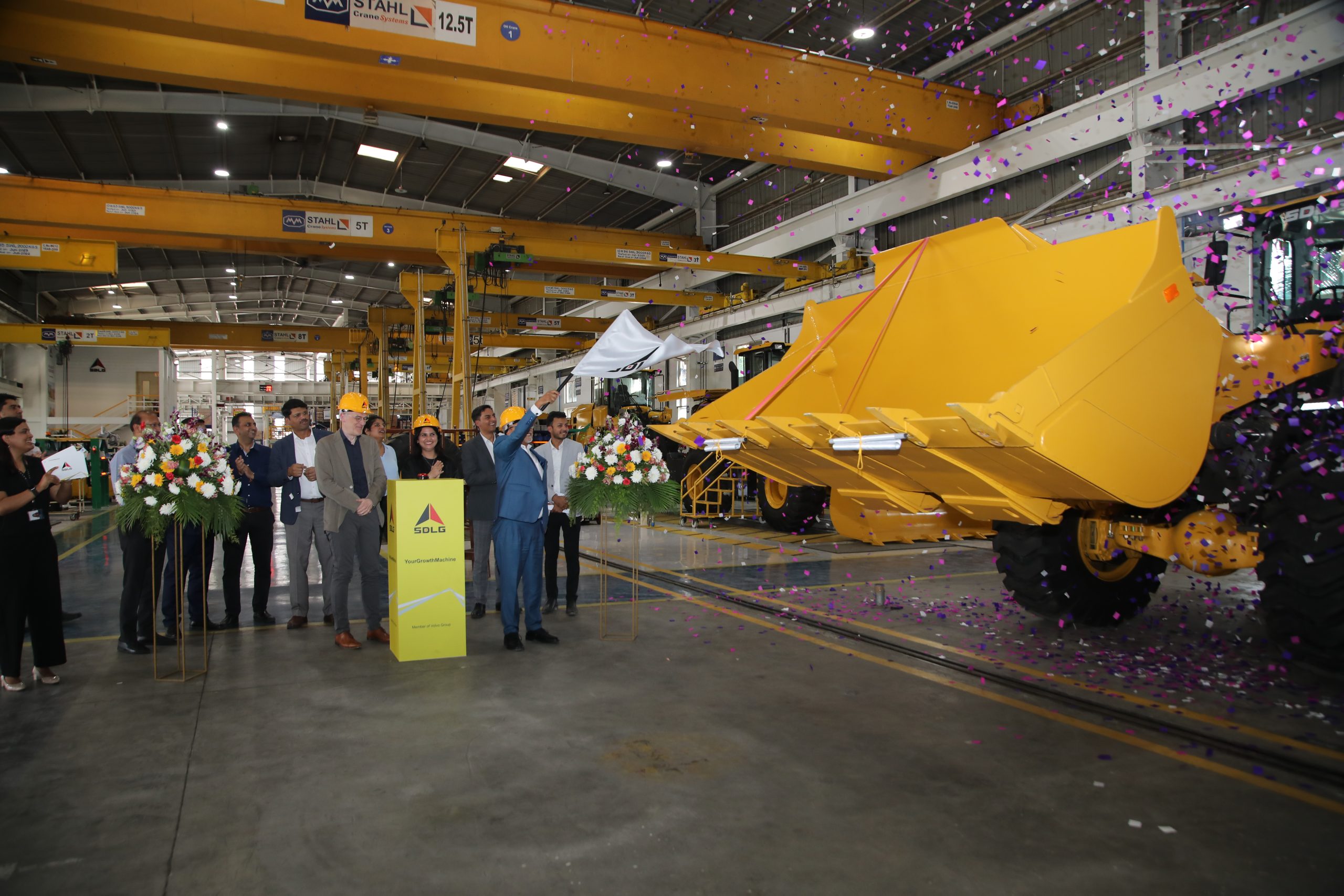

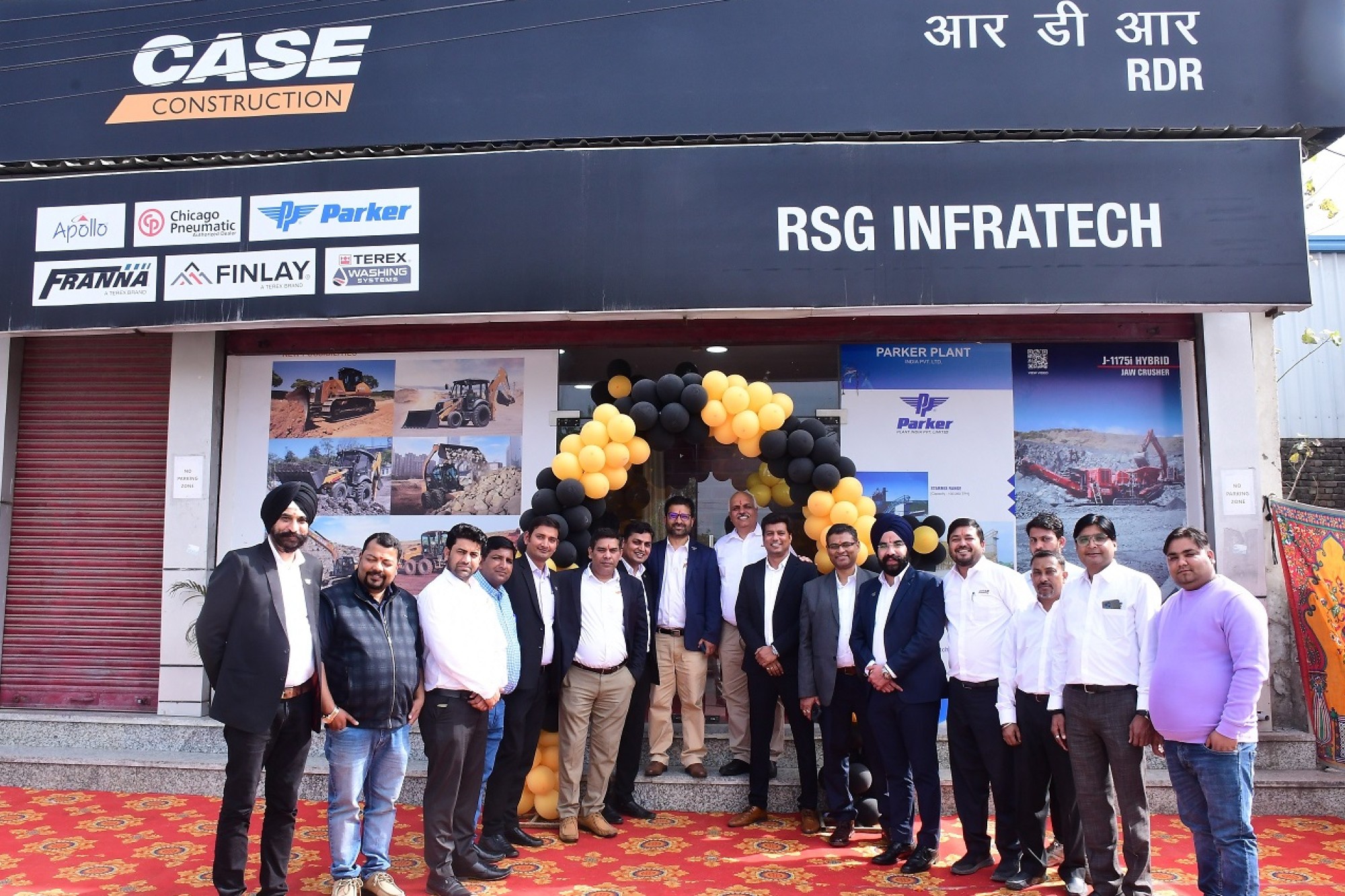
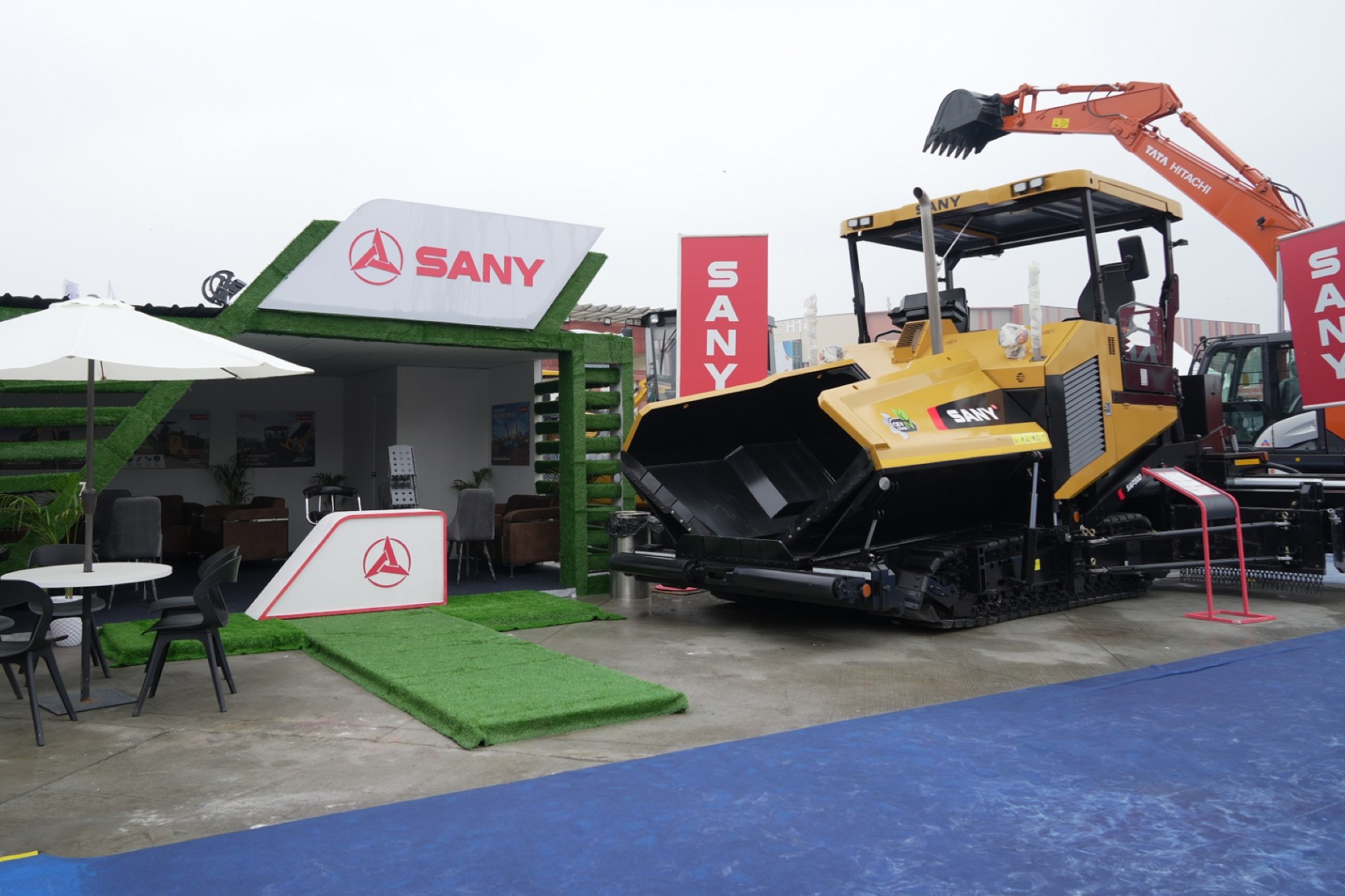




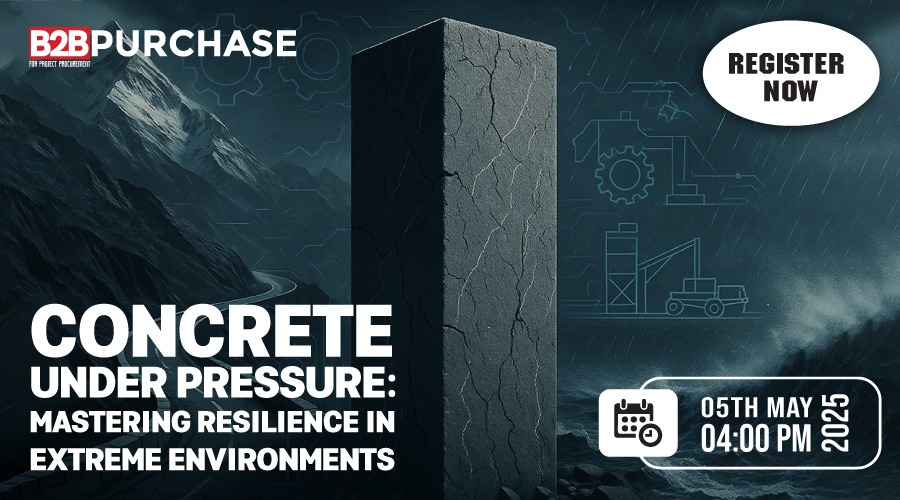
























-20240213125207.png)

























